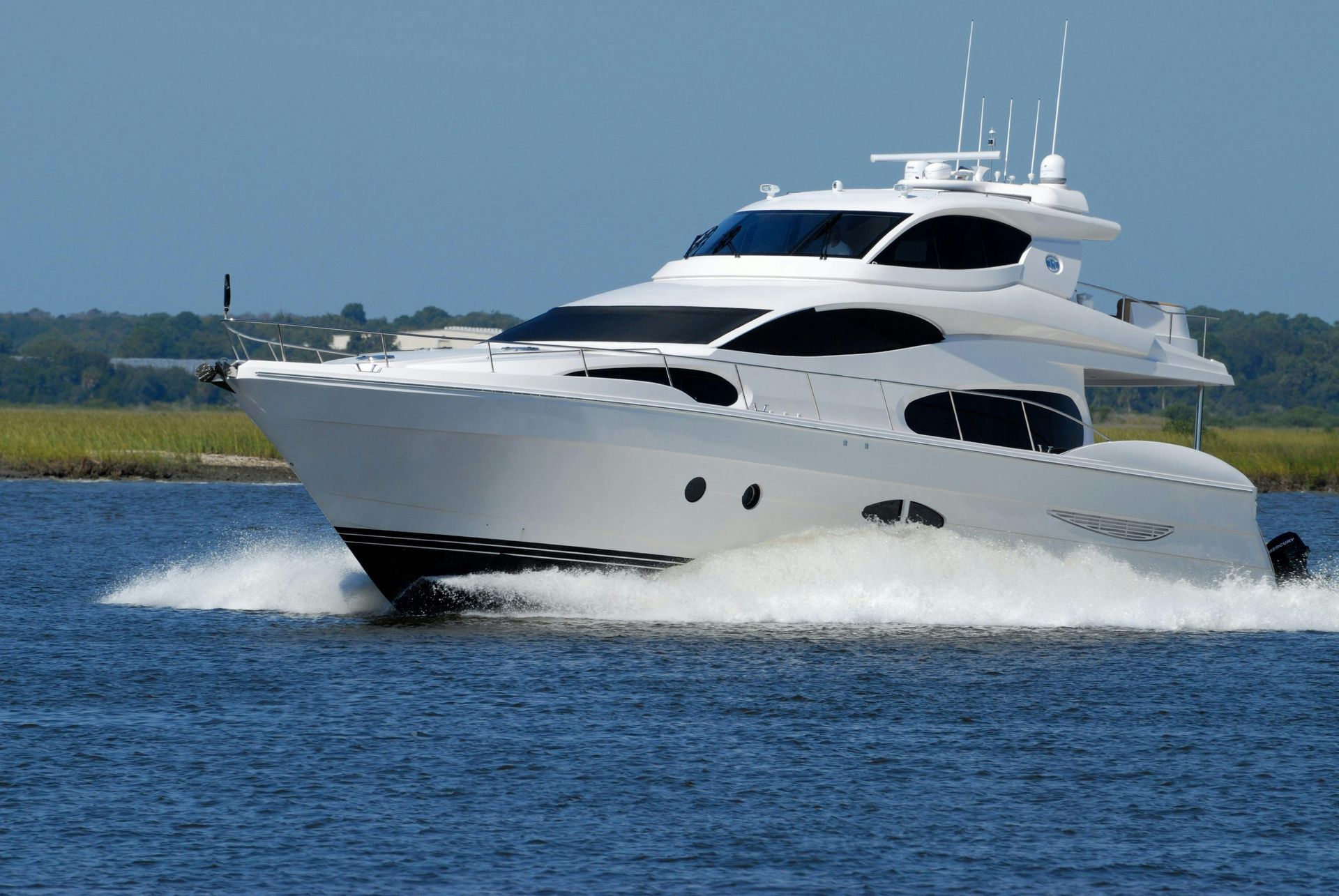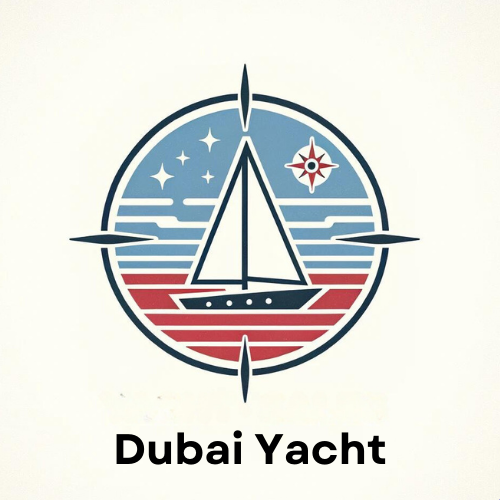
Owning a yacht or a boat is a matter of great pleasure. However, whether these vessels are used for pleasure or work, they require a great deal of mai...
Owning a yacht or a boat often evokes images of sun-soaked voyages, leisurely afternoons on the water, and the ultimate freedom of the open seas. However, there's much more to boat ownership than simply enjoying the ride. Taking on such a vessel comes with significant responsibilities, financial commitments, and a need for regular maintenance. This article delves into the many aspects of boat ownership, from understanding its responsibilities to the sheer joy it can bring to your life.
Understanding the Responsibilities of Boat Ownership
The Financial Commitment of Owning a Vessel
First and foremost, boat ownership represents a substantial financial commitment. Beyond the initial purchase price, there are several ongoing costs to consider. These can include:
- Insurance premiums
- Marina or dock fees
- Fuel expenses
- Maintenance and repair costs
- Equipment and outfitting
It's essential to carefully evaluate your budget and financial resources before making such a considerable investment. Financial planning will ensure that you can enjoy your vessel without the stress of unforeseen debts. Additionally, it's wise to account for seasonal fluctuations in costs, such as increased fuel prices during peak boating season or higher insurance rates due to weather-related risks. Setting aside a contingency fund for unexpected repairs or emergencies can also provide peace of mind and safeguard your investment.
Time Investment in Maintenance and Upkeep
In addition to financial obligations, boat ownership demands a significant time investment for maintenance and upkeep. Regular cleaning, engine checks, and inspections are necessary to keep your vessel in top shape for safe navigation.
Maintenance tasks can quickly add up, often requiring several hours each month. Scheduling regular workdays or hiring professionals can help manage this time, ensuring that your boat is always ready for your adventures. Moreover, understanding the specific needs of your vessel, whether it's a sailboat, powerboat, or yacht, can streamline your maintenance routine. Joining local boating communities or forums can also provide valuable insights and tips from experienced boaters, helping you to stay informed about best practices and seasonal maintenance schedules that will prolong the life of your vessel.
The Pleasure and Prestige of Owning a Yacht
The Social Benefits of Yacht Ownership
While ownership comes with its challenges, it can also facilitate unique social engagements. Yacht owners often find themselves invited to events or gatherings that revolve around boating culture. These gatherings can range from exclusive yacht shows and regattas to intimate dinners hosted on the water, where the ambiance is enhanced by the gentle lapping of waves and the stunning backdrop of the sunset.

Additionally, owning a yacht serves as a symbol of status and success. It can provide opportunities to network with industry professionals, enjoy exclusive experiences, and create lasting relationships with like-minded individuals. The camaraderie built within the boating community is often unparalleled, leading to friendships that span the globe. Many yacht owners also participate in charity events and fundraisers, further solidifying their connections while contributing to meaningful causes, thus blending leisure with philanthropy.
Personal Satisfaction and Leisure Opportunities
Beyond social perks, there is immense personal satisfaction tied to boat ownership. The ability to plan spontaneous getaways or memorable family vacations provides a sense of freedom and adventure. Imagine waking up on a sunny morning, casting off the lines, and setting sail toward uncharted waters, where each day brings new discoveries and experiences. This flexibility allows owners to explore hidden gems along the coastline, from secluded beaches to quaint seaside villages, enriching their lives with diverse experiences.
Many boat owners enjoy the therapeutic nature of being on the water, whether it's fishing in serene coves, exploring coastal towns, or enjoying a sunset cruise. Each experience cultivates a deeper connection to the environment and fosters a mindfulness that can be hard to find in day-to-day life. The rhythmic sound of the waves and the fresh sea breeze can be incredibly rejuvenating, offering a perfect escape from the hustle and bustle of everyday responsibilities. Furthermore, engaging in water sports like sailing, paddleboarding, or snorkeling not only provides exhilarating fun but also promotes a healthy lifestyle, encouraging physical activity and a love for nature.
The Practical Aspects of Owning a Working Boat
The Role of Boats in Various Industries
For those who invest in working boats, the practical applications can be numerous. Various industries rely on boats for transporting goods, conducting research, or sustainable fishing practices. Whether in commercial shipping or eco-tourism, the role of boats cannot be underestimated.
Owning a working boat allows individuals or companies to participate actively in these industries, generating income and contributing to local economies while enjoying the benefits of maritime life. In the fishing industry, for instance, boats are essential for reaching deeper waters where fish are abundant, and they often come equipped with advanced technology to ensure sustainable practices are followed. Similarly, in the realm of research, boats serve as floating laboratories, enabling scientists to study marine ecosystems, monitor water quality, and conduct vital conservation work. This multifaceted utility underscores the importance of boats as tools for both economic growth and environmental stewardship.
Balancing Work and Maintenance in Boat Ownership
However, the demands of a working boat can often mean balancing time between work responsibilities and vessel maintenance. This often requires strategic scheduling to ensure that both work and boat upkeep are prioritized.
Establishing a routine for maintenance can help ease this balance. Additionally, investing in reliable equipment and technology can streamline processes, allowing for more efficient operations and time for leisure on the water. Regular inspections and preventative maintenance not only prolong the lifespan of the boat but also enhance safety, which is paramount in any maritime endeavor. Furthermore, engaging with a community of fellow boat owners can provide valuable insights and support, sharing tips on maintenance practices and troubleshooting common issues. This camaraderie can transform the often solitary task of boat upkeep into a shared experience, enriching the overall journey of boat ownership.
Essential Maintenance for Yachts and Boats
Routine Maintenance Tasks for Boat Owners
Every boat owner must be familiar with routine maintenance tasks to prolong the life of their vessel. Common maintenance activities include:
- Cleaning the hull and deck
- Checking and changing oil and fluids
- Inspecting the battery and electrical systems
- Maintaining and testing safety equipment
- Winterizing the boat if applicable
Being proactive about these tasks not only enhances safety but also preserves the value of the vessel over time. Regular cleaning helps to prevent the buildup of marine growth, which can affect performance and fuel efficiency. Additionally, ensuring that oil and fluids are at optimal levels can significantly extend the life of the engine and other critical systems. Boat owners should also consider keeping a detailed log of maintenance activities, which can be invaluable for tracking the vessel’s condition and for resale purposes.
The Importance of Regular Inspections and Repairs
In addition to routine maintenance, regular inspections play a crucial role in ensuring that your boat remains seaworthy. It's advisable to hire a qualified marine surveyor for comprehensive assessments, particularly for used boats or those undergoing substantial changes. These professionals can provide insights into the structural integrity of the vessel, including the condition of the hull, rigging, and other essential components that might not be visible to the untrained eye.
By identifying potential issues early on, you can avoid costly repairs and ensure that the vessel is always in optimal condition for outings. Furthermore, regular inspections can help you stay compliant with safety regulations, which can vary by region. This not only protects you and your passengers but also enhances the overall boating experience by ensuring that everything is functioning correctly. Investing time and resources into thorough inspections can ultimately lead to a more enjoyable and worry-free time on the water.
Navigating the Challenges of Boat Ownership
Dealing with Unexpected Repairs and Costs
Despite your best efforts, boat ownership can still present unexpected repairs and costs. From engine failures to hull damage caused by rough weather, unforeseen challenges may arise.
Having an emergency budget set aside can alleviate some financial strain related to these incidents, ensuring you are prepared for situations that might disrupt your boating plans. It is wise to keep a dedicated fund for these purposes to maintain peace of mind.
Additionally, regular maintenance can significantly reduce the likelihood of unexpected repairs. Establishing a routine for checking essential systems, such as the electrical and plumbing systems, can help identify potential issues before they escalate into costly repairs. Many boat owners find it beneficial to create a checklist for seasonal maintenance tasks, which can include inspecting the hull for cracks, checking the integrity of the rigging, and ensuring that safety equipment is in good working order. This proactive approach not only saves money but also enhances the overall safety and performance of your vessel.
Overcoming Common Obstacles for Boat Owners
Several common obstacles tend to deter individuals from diving into boat ownership. These may include limited knowledge, concerns about responsibility, or the perception of high costs.
However, many resources exist to mitigate these concerns. Boat ownership classes, online forums, and local boating clubs can provide valuable information and support, helping new owners navigate their journey effectively.
Furthermore, connecting with experienced boaters can offer invaluable insights and mentorship. Many seasoned boat owners are eager to share their knowledge and experiences, which can help newcomers avoid common pitfalls. Participating in local boating events or joining social media groups dedicated to boating can also foster a sense of community and provide a platform for exchanging tips and advice. This camaraderie can make the transition into boat ownership smoother and more enjoyable, as you learn from others who have faced similar challenges.
By embracing these resources, prospective boat owners can confidently face the challenges and enjoy the many joyous aspects of life on the water.
In conclusion, owning a yacht or boat brings a multitude of responsibilities and rewards. By understanding these facets, you can cultivate an enriching experience that combines work, pleasure, and the joys of maritime life.
Contact us for Yacht Rentals and Sales
Stay inspired
Be the first to get new yacht related content and updates. We won't spam you.
Contact Us
We will get back to you as soon as possible.
Please try again later.
